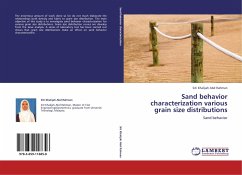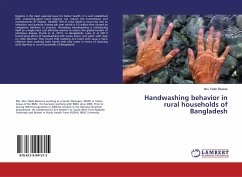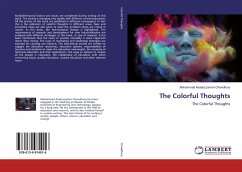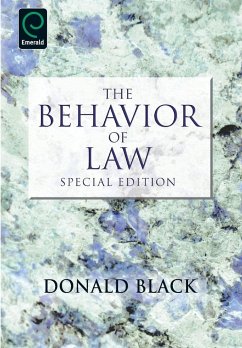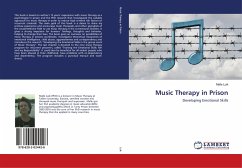
Music Therapy in Prison
Developing Emotional Skills
Versandkostenfrei!
Versandfertig in 6-10 Tagen
32,99 €
inkl. MwSt.

PAYBACK Punkte
16 °P sammeln!
This book is based on author's 13 years' experience with music therapy as a psychologist in prison and the PhD research that investigated the suitable approach for music therapy in order to reduce high criminal risk factors of recurrent criminals. The main goal of this book is a desire to share my profuse experience and encourage music therapists and other specialists of the social/medicine field to use music therapy in the correctional facilities. It gives a strong impulsion for humans' feelings, thoughts and behavior, helping to change their lives. The book gives an overview on possibilities...
This book is based on author's 13 years' experience with music therapy as a psychologist in prison and the PhD research that investigated the suitable approach for music therapy in order to reduce high criminal risk factors of recurrent criminals. The main goal of this book is a desire to share my profuse experience and encourage music therapists and other specialists of the social/medicine field to use music therapy in the correctional facilities. It gives a strong impulsion for humans' feelings, thoughts and behavior, helping to change their lives. The book gives an overview on possibilities of music therapy in prisons worldwide, investigates theoretical viewpoints of emotional intelligence, child abuse, aggressiveness and co-dependency and introduces the research "Developing the Emotional Skills in the group work of Music Therapy". The last chapter is devoted to the new music therapy program for recurrent prisoners, called "Training the Emotional Skills: Me and my Responsibility". It could also be beneficial for all violent people who have been abused in their childhood, have problems with co-dependency and dependency. The program includes a punctual manual and work sheets.



